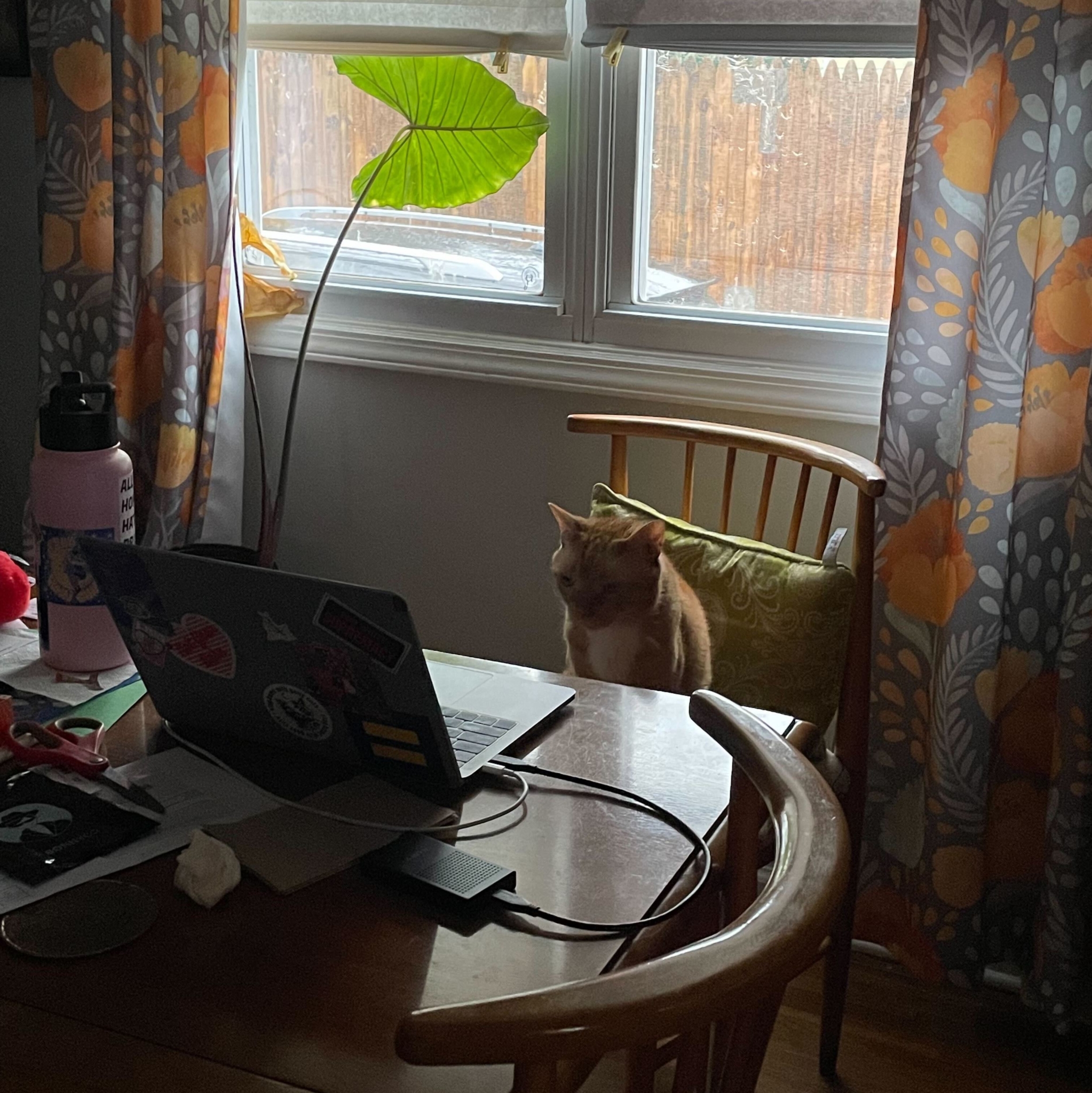Friday Facts and Figures is a weekly newsletter with data points, analysis, and commentary on the biggest policy debates in New Jersey and beyond.
Sign up here.
$20 Million
Temp agencies fail to pay their workers a living wage or provide health benefits, passing the cost of health care onto the public, according to a new report by Carmen Martino at Rutgers University. The report finds that temp agencies account for a disproportionate number of NJ FamilyCare enrollees, totaling more than $20 million every year in the state budget. The report was released days before lawmakers are set to vote, yet again, on the Temp Workers’ Bill of Rights, which would increase wage and workplace standards. Remember, this bill passed over the summer but needed a redo after lawmakers made a clerical error — now, the bill’s fate is in jeopardy as business lobbyists try to kill it. Funny how big businesses always seem to have money for lobbyists but never for their own workers. [NJ Monitor / Sophie Nieto Munoz]
Essential
In a new op-ed in New Jersey Monitor, Nidia Rodriguez shares her experience as a temp worker during the pandemic and why lawmakers must pass the Temp Workers’ Bill of Rights: “For the last six years I have worked at a temp agency in different warehouses in northern New Jersey. During the pandemic, I risked my life so others could stay home. The work performed at the warehouses I was assigned to was deemed “essential,” so while other industries and companies slowed or stopped, the companies we worked for continued to operate. Except, as a temp worker, we did that essential work for less pay than the direct-hire workers doing the exact same work, and in the case of a medical issue, lacking the access to health care that direct-hire workers have.” [NJ Monitor / Nidia Rodriguez]
150,000
Roughly 150,000 students in New Jersey qualify for free meals at school but do not receive them because of a lack of awareness and access. As NJPP’s Peter Chen explained to NJ Spotlight News, because free school meal programs are means-tested, families who qualify must fill out paperwork to determine their eligibility, meaning many kids fall through the cracks. Senate Majority Leader Teresa Ruiz (D-Essex) has sponsored a resolution urging Congress to make free school meals universal, while also calling on her colleagues in the Legislature to expand access and funding for free school meals in next year’s state budget. [NJ Spotlight News / Brenda Flanagan]
3.7 Million
A new lawsuit, filed by New Jersey Citizen Action and the Health Professionals and Allied Employees (HPAE), seeks to block Horizon Blue Cross Blue Shield’s reorganization of its corporate structure from a health service corporation with a charitable mission to a non-profit mutual holding company. (For more background, read this NJPP blog from 2020 when the enabling legislation was fast-tracked.) “The state of New Jersey is putting policyholders at risk without doing due diligence to ensure this move by Horizon Blue Cross Blue Shield, our biggest insurer, is in their best interests,” said HPAE President Debbie White. Horizon has approximately 3.7 million policyholders in the state, including more than 800,000 public workers. [NJ Monitor / Nikita Biryukov]
ICYMI
In the latest issue of Cannabis Insider, NJPP’s Marleina Ubel weighs in on how the state should spend revenue from legal cannabis sales, calling for investments that center racial equity and reparations for those harmed by the drug war. [NJ.com / Enrique Lavin]
Pet of NJPP
I was wondering why Erica Boland was asking me for wet food in a Slack message earlier this week. Turns out it was actually her cat Scott using her computer. Meow!

Have a fact or figure for us? Tweet it to @NJPolicy.


